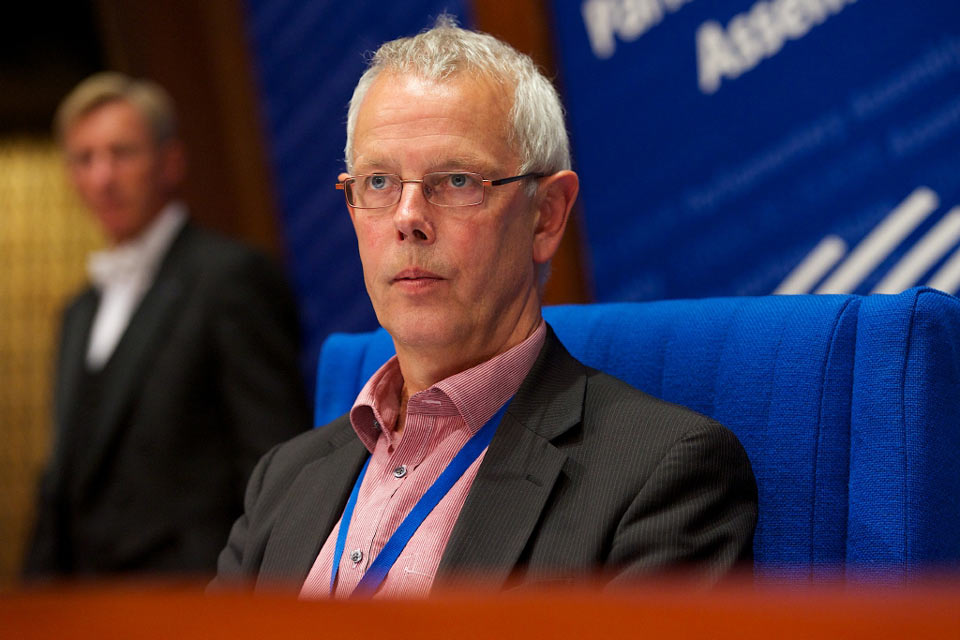I come out with a call to check all the complaints about the election process. And then the ruling party and all other parties to engage in meaningful dialogue to overcome all the problems that have arisen and to continue electoral and judicial reform”, Tiny Kox, Dutch MEP, stated at the session of Parliamentary Assembly of the Council of Europe (PACE) today. He headed the PACE election observation mission at the 2020 parliamentary elections in Georgia.
The PACE discusses the mission’s report on Georgian parliamentary elections.
“October 31 Parliamentary elections in Georgia took place in the time of COVID. It limited the possibility of citizens and authorities of Georgia, as well as our observation mission. We had to cancel our pre-election visit to Georgia. We could deploy only part of our delegation during the observation of the elections. At first, we had to postpone and later cancel the post-electoral mission to the country. Nevertheless, thanks to the excellent cooperation with our international partners and thanks to the assistance of Georgian authorities, political parties, non-governmental organizations, and the media representatives, we still were able to do our work”, Tiny Kox stated.
Dutch MEP says that the results of the observation mission have already been submitted to the PACE.
“The political climate in Georgia was tense before the elections, remain tense on election day, and post-electoral period, which lasts until now. According to the international election observation mission, in which we participated together with OSCE Parliamentary Assembly, NATO Parliamentary Assembly, and the ODIHR experts, the parliamentary elections were competitive and, overall, fundamental freedoms were respected. Nevertheless, the allegations of pressure on voters, blurring the line between the ruling party and the state, reduced the public confidence in some aspects of the process. The dominance of the ruling party in election commissions negatively affected the perception of their impartiality and independence, especially at the low levels. Recent legislative amendments adopted following the inclusive consultations process involving the Council of Europe and the ODIHR recommendations helped to provide a legal framework that is such a basis for holding democratic elections. Nevertheless, the State Audit Office’s capacity to effectively oversee election campaign financing remains limited, leaving the recommendation of the Council of Europe and ODIHR unaddressed”, he said.
According to Tiny Kox, the main problem of the 2020 parliamentary elections was fairness and not freeness.
“In conclusion, these elections were competitive and relatively free. Forty-eight parties and two blocs participated in the elections. Ten parties succeeded to have one or more representatives elected. The main problem in this election was not freeness, but the level of fairness. The ruling party did not respect enough line between itself and the state in campaigning, international observation mission concluded. Another main problem is that other parties have decided to boycott participating in a new parliament. It goes counter to the very essence of the election to represent voters. Our co-rapporteurs for Georgia have already called on these parties to accept seats in the parliament for the sake of Georgia’s democratic consolidation. I think this is wise advice. So, I come out with a call to check all the complaints about the election process, and then the ruling party and all other parties to engage in meaningful dialogue to overcome all the problems that have arisen and continue electoral and judicial reform”, MEP added.
The Parliamentary Assembly of the Council of Europe (PACE) published a report prepared by the Rapporteur Tiny Cox on January 15. The report notes that Georgia’s parliamentary elections were competitive and fundamental freedoms were respected. At the same time, PACE called on all parties to take up their seats in the new parliament.
